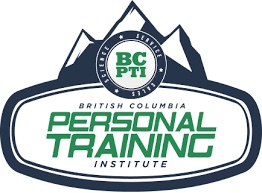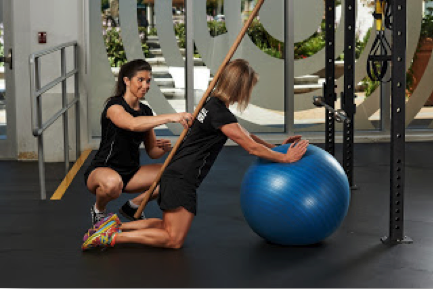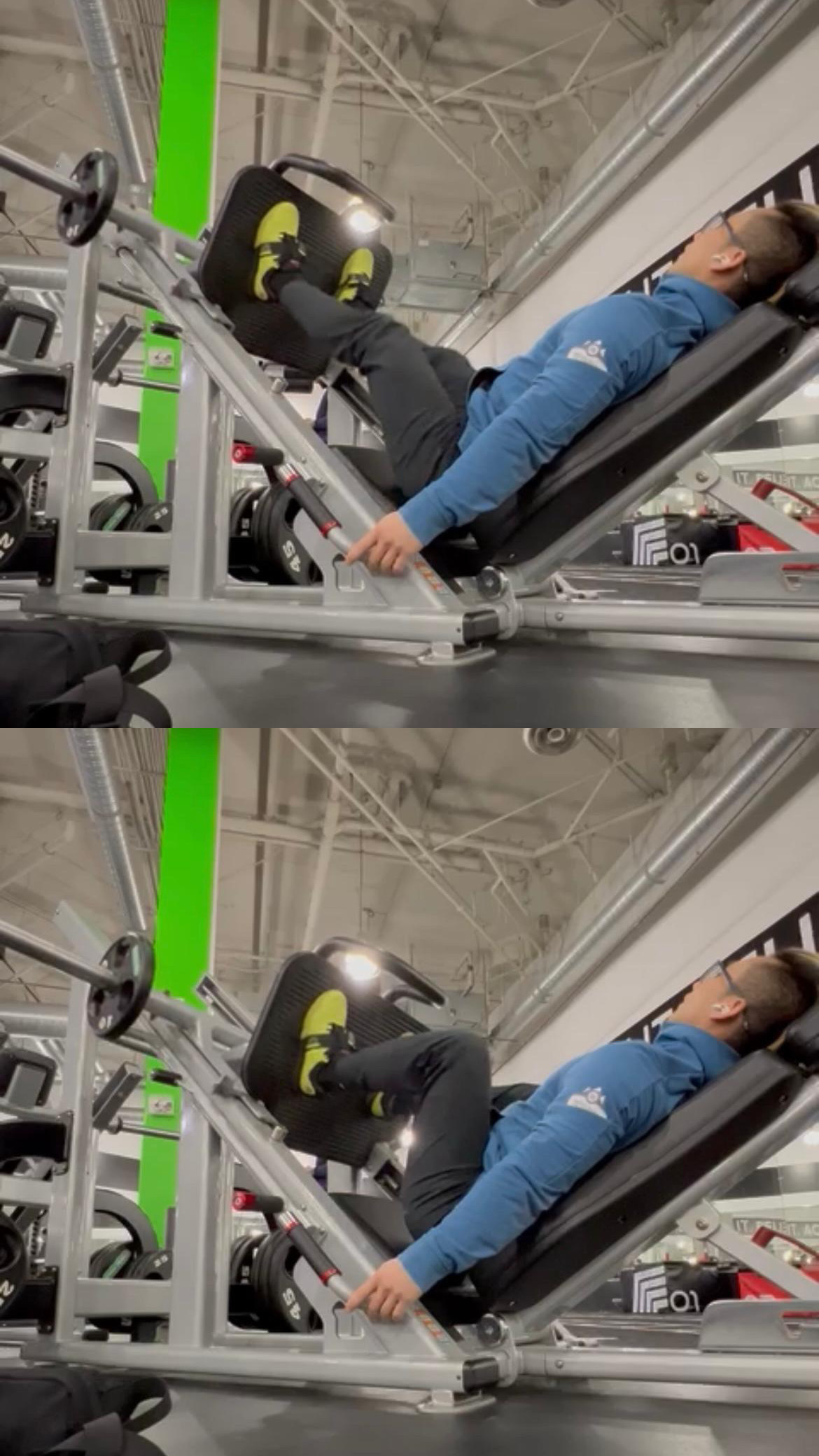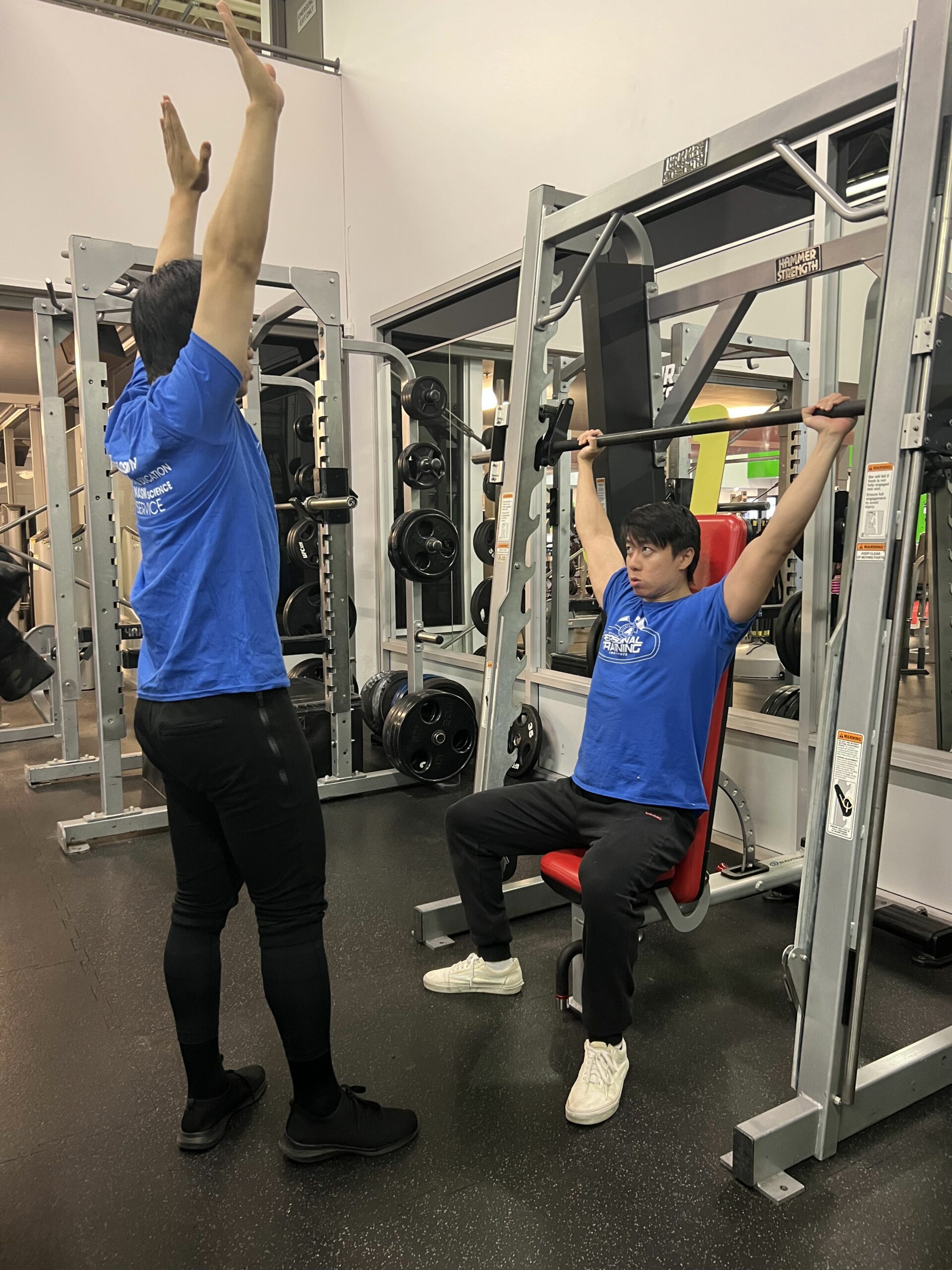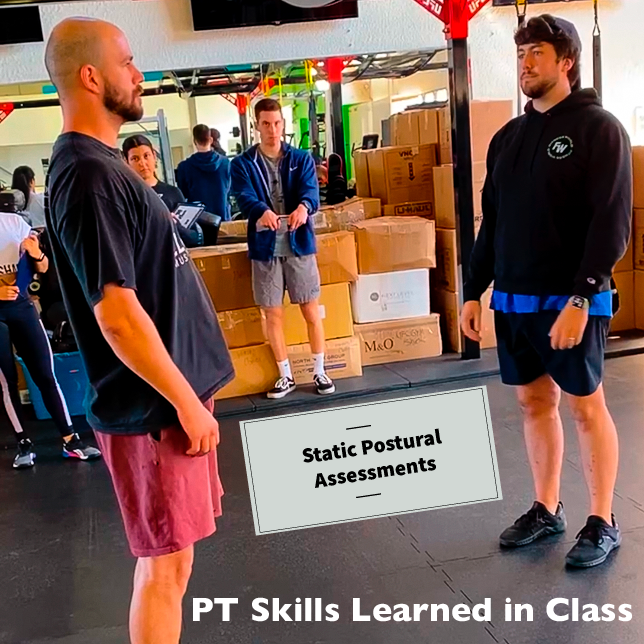At Steve Nash Fitness Clubs & BCPTI, our training staff may have the title “Personal Trainer” but through our nashFIT program, every trainer is instructed and given the tools to become effective coaches.
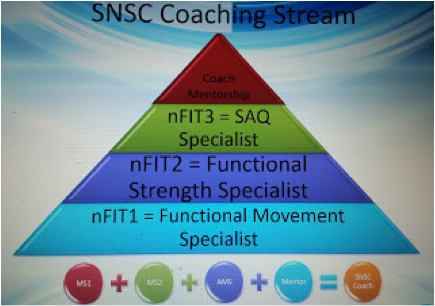
The best way to sum up the difference between a coach and a trainer / motivator is this video clip from Brad Pitt (Chad the Personal Trainer)
Go to the (13:55 – 15:30) segment of this movie https://www.youtube.com/watch?v=B-C0BltIZVk
This clip represents the epitome of being a raw (i.e. fun, energetic, and even motivational) and enthusiastic trainer. But entertainment isn’t what client’s need to move well.
Anyone can make someone tired, but not everyone can make them better. Have you made someone better today? If not, why?
Great coaches are all very enthusiastic leaders, but can also create achievable goals and use a system of accountability to get their client’s to that end. John Gordon from the book “The Energy Bus” has this as Rule # 7:
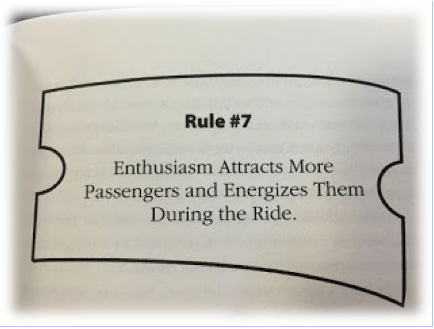
“Enthusiasm comes from the Greek word entheos which means inspired or filled with the divine.” Enthusiasm is infectious and 1 very important attribute of effective leadership.
Assuming enthusiasm is one of many great traits a personal trainer must possess, what other intangibles make a great coach? Essentially, a coach understands a client’s needs & goals. A coach through experience and empathy sets a progressive path of 1,000 small wins or steps to help their clients achieve their desired goals. They make people believe that anything is possible & empower them down a path of improved fitness, health and self-esteem.
Coaches must:
- Enlighten & empower through knowledge
- Inspire through self-discipline & experience &
- Lead highly personalized sessions
In the context of empowerment, a coach’s job is to:
- Believe in their client more than they believe in themselves
- Safely & effectively get more out of their client than their client could on their own
- Worry more about their well-being more than they currently do
- Make them feel more important than they currently do
- Light a fire inside them
- Be the memory maker – help them create their new story.
Do you recall someone in your past that has made a unforgettable positive difference in your life? Can you remember that exact moment in time?
Here’s where I start to draw the line of differentiation between a coach and a trainer; good trainers do all of the above. In addition to empowerment, good coaches are highly knowledgeable, technically sound, great communicators & movement focused role models. In this sense, the application of knowledge is power. Good coaches have multidisciplinary knowledge / credentials and practice what they preach.
For example, my personal development workouts aren’t designed to burn “x” amount of calories. They are practice sessions, designed to maintain and improve the coaching skills I currently possess. My job as a coach and role model is to become and stay proficient in my areas of expertise. Because I possess a lot of credentialed specialities, I have to purposefully practice – a lot. What’s the benefit of purposeful practice? It keeps me in great shape and keeps my mind focussed on skill acquisition & learning. Coaches only teach drills / movements that they themselves are fully competent at performing themselves. Credential, combined with purposeful practice is a desirable attribute all trainers should aspire to achieve. The problem is, a lot of people may look the part and are inspirational role models to others, but it says little of their ability to actually help others achieve their goals. This takes experience & empathy. Which brings me to the next point – coaches are great instructors.
Doing isn’t the same as teaching. If that were the case, every professional athlete on the planet would become the next great coach. Some do, hence the point of purposeful practice. Learning a sport happens through purposeful practice. Athletes, particularly the good ones inherently practice mindfully. That being said, beyond technical proficiency, good coaching requires effective communication and empathy towards others.
To that end, a trainer becomes a coach when they possess most if not all of list:
- Enthusiastic / passionate – Get excited about helping your client reach their goals.
- Expertise – Find what will set you apart from other coaches. Continue to upgrade your education and credential, find your niche. Also, be a good role model, practice what you preach.
- Empathy – Feel bad with them, not for them.
- Expectation – Have high expectations for themselves and the clients they service. These expectations should be higher than they have for themselves.
- Engagement – Be present in the session, give it your all. Think of how much that client is paying for a session, they deserve your undivided attention and all of the energy you can dig up.
- Expert mover – good coaches move with ninja like precision and smoothness.
- Develop the critical eye– Learn to detect movement errors. Good coaches are biomechanist who constantly assess their client’s functional abilities.
- Become an expert communicator- A good coach learns to correct movement verbally and physically through touch and accurate demonstration.

The last 2 above are critically important to the success your clients have and the length of time they choose to train with you. This is something I speak to extensively in my nashFIT and BCPTI Personal Trainers courses. In short, trainers too often are lured into motivational high energy tactics. Trainers challenge metabolic demand and they push clients beyond their limits of physical capacity. Coaches, only challenge capacity when their clients are capable of moving with high function. Function, by definition is the ability to “safely perform pain free movement repeatedly without loss of form”. Trainers befriend, motivate & energize their clients; coaches personalize every aspect of their client experience. To that end coaches:
- Train movement not muscle.
- Safely& effectively help their clients achieve their goals through a process of highly individualized attention.
- Assess, they don’t guess
- Detect errors through systematic observation
- Correct errors through systematic application of movement, competent demonstration, effective communication & feedback
- Personalize through assessment, feedback & touch training every set, rep & program their clients perform
- Progress movement volume, intensity, speed, range of motion & complexity only when competency is repeatedly demonstrated
- Care about the longevity of their clients, set realistic goals and offer as much professional assistance as required to get them there.
Do you want to be a trainer or a coach? Would you want to learn from a trainer or a coach? To me the answer is clear!
BCPTI is a full time Personal Training Institute who’s VISION is:
“To provide affordable, highly personalized, cutting edge, research driven and industry relevant fitness education to passionate fitness professionals and enthusiasts.”
Chad Benson, MSc, BSc, BPE, CSCS, CPT
